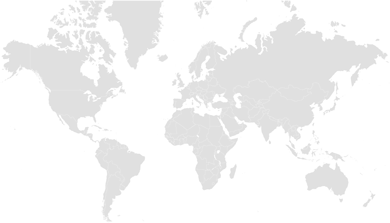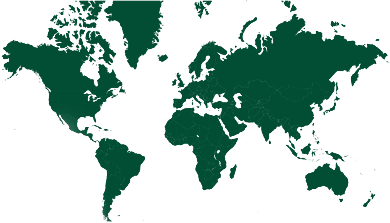Software
2021 • North Carolina State University SWOLFPY – Solid Waste Optimization Life-cycle Framework in Python
SWOLFPY is a free, open-source decision-support tool designed to facilitate sustainable waste management. It supports life-cycle assessment (LCA), optimization, and uncertainty analysis for municipal solid waste (MSW) systems. With features like modeling waste flows, assessing environmental impacts, and Monte Carlo simulations, SWOLFPY helps waste management professionals, researchers, and policymakers to design efficient, environmentally friendly waste management strategies. It operates through Python-based scripting and offers a graphical user interface (GUI) for accessibility. Key applications include optimizing waste diversion strategies, supporting circular economy transitions, and assessing resource recovery initiatives.
Recovered Materials & Products
Energy
Heat
Biogas
Nutrients
Compost
Water
Materials
Waste Streams
Organic solid waste
Confirmed countries
Germany


What is this tool intended for?
SWOLFPY is designed to optimize and assess solid waste management (SWM) systems with the goal of improving sustainability. It identifies strategies that balance environmental, economic, and operational factors to reduce waste and promote resource recovery.
How does this tool work?
SWOLFPY models common solid waste management (SWM) processes, including recycling, composting, incineration, and landfilling. It allows users to allocate waste flows across these processes to evaluate overall system performance. A key feature of the tool is its life cycle assessment (LCA) capability, which enables comprehensive evaluations of environmental impacts throughout the entire waste management lifecycle, from collection to disposal or resource recovery. Additionally, optimization functions are integrated to minimize both costs and environmental impacts while adhering to user-defined constraints, such as landfill diversion targets. To account for uncertainties in waste composition and process efficiencies, Monte Carlo simulations are employed, providing a more realistic assessment of potential outcomes. Through this combination of simulation, LCA, optimization, and uncertainty analysis, SWOLFPY offers a robust framework for informed decision-making in sustainable waste management.
Who might use this tool and with which types of stakeholders?
Waste Management Professionals: To optimize waste flows and assess system sustainability.
Researchers and Academics: For LCA-based studies or testing SWM scenarios.
Policymakers and Regulators: To design informed policies supporting waste diversion and resource recovery.
Key Stakeholders are local governments, environmental NGOs, and consultants engaged in urban waste management projects.
What stages of a process can this tool support?
Planning: Initial system design and waste management strategies.
Evaluation: Environmental and cost-impact assessments of alternative strategies.
Optimization: Identifying the best solutions under specific constraints.
What skills, capabilities, and resources are required to use this tool?
Basic familiarity with Python programming for advanced customizations.
No-code accessibility provided through the GUI for general modeling and analysis.
Internet connection and a system with Python installed for running scripts.
Where can this tool be used?
Globally applicable in urban settings with diverse waste compositions and infrastructure. Suitable for regional-scale SWM planning or city-wide waste assessments.
Get the Tool
https://swolfpy-project.github.io/
Learn more
Project Documentation
https://swolfpy-project.github.io/docs
Technologies
Composting
Anaerobic digestion
Themes
Assessment
Capacity building
Life cycle assessment